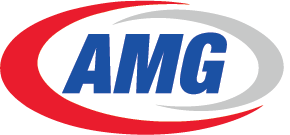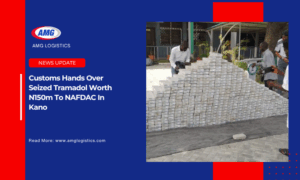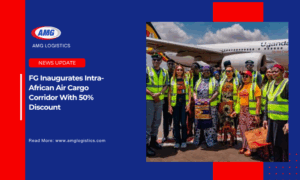In a major crackdown on illicit drug trafficking through Nigeria’s maritime corridors, the National Drug Law Enforcement Agency (NDLEA) has announced the seizure of over 56,000 kilograms of narcotic and psychotropic substances at the nation’s seaports during the first quarter of 2025.
The seizure, which also led to the arrest of six suspects, was disclosed by the Director of Seaport Operations of the agency, Omolade Faboyede, who confirmed that the interception took place across key seaport locations in the country between January and March 2025.
According to Faboyede, the total quantity of illicit substances intercepted during the period stood at 56,637.252 kilograms, comprising 64.252kg of Cannabis Indica (commonly referred to as Canadian Loud), 4,658kg of Cannabis Sativa, 50,845kg of Codeine-laced cough syrup, and 1,070kg of Tramadol.
In the absence of official valuation by the agency, estimates based on prevailing street prices in Nigeria put the combined value of the seized drugs at over ₦2.49 billion.
A breakdown of the estimated street values shows that:
Cannabis Indica (a high-grade imported variant) is valued at about ₦3 million per kilogram, bringing its total to approximately ₦192.76 million.
Cannabis Sativa, the locally cultivated variant, fetches an average of ₦100,000 per kilogram, amounting to ₦465.8 million.
The Codeine-laced cough syrup, long associated with widespread substance abuse among young people, is estimated at ₦15,000 per liter, totaling ₦762.675 million.
Tramadol, a synthetic opioid often linked to dependency and addiction, carries an estimated value of ₦1 million per kilogram, translating to ₦1.07 billion in total street value.
Faboyede described the seizures as a testament to the agency’s intensified efforts to sanitize Nigeria’s seaports and disrupt the activities of drug trafficking syndicates exploiting maritime routes.
She credited the success to enhanced surveillance, improved intelligence-sharing, and robust inter-agency collaboration with the Nigeria Customs Service and other port stakeholders.
“The figures from the first quarter clearly show that our ports are still being targeted by criminal elements seeking to move illicit drugs into the country or use our facilities as a transit hub,” Faboyede stated. “We are intensifying our efforts to ensure that this trend is not only curtailed but completely dismantled.”
She further appealed to shipping companies, terminal operators, freight forwarders, and other maritime stakeholders to support NDLEA’s efforts by reporting suspicious cargoes and enhancing compliance with port security regulations.
Observers within the maritime and security sectors have raised concerns that the volume and value of the drugs intercepted suggest the involvement of well-organized criminal cartels leveraging Nigeria’s strategic port locations for transnational smuggling operations. They also stress the need for the deployment of modern scanning technologies, improved container profiling, and stricter enforcement of port access controls.
Security analysts warn that without urgent and consistent action, Nigeria’s seaports may continue to serve as conduits for drug inflow, with grave implications for public health, national security, and the country’s international reputation





